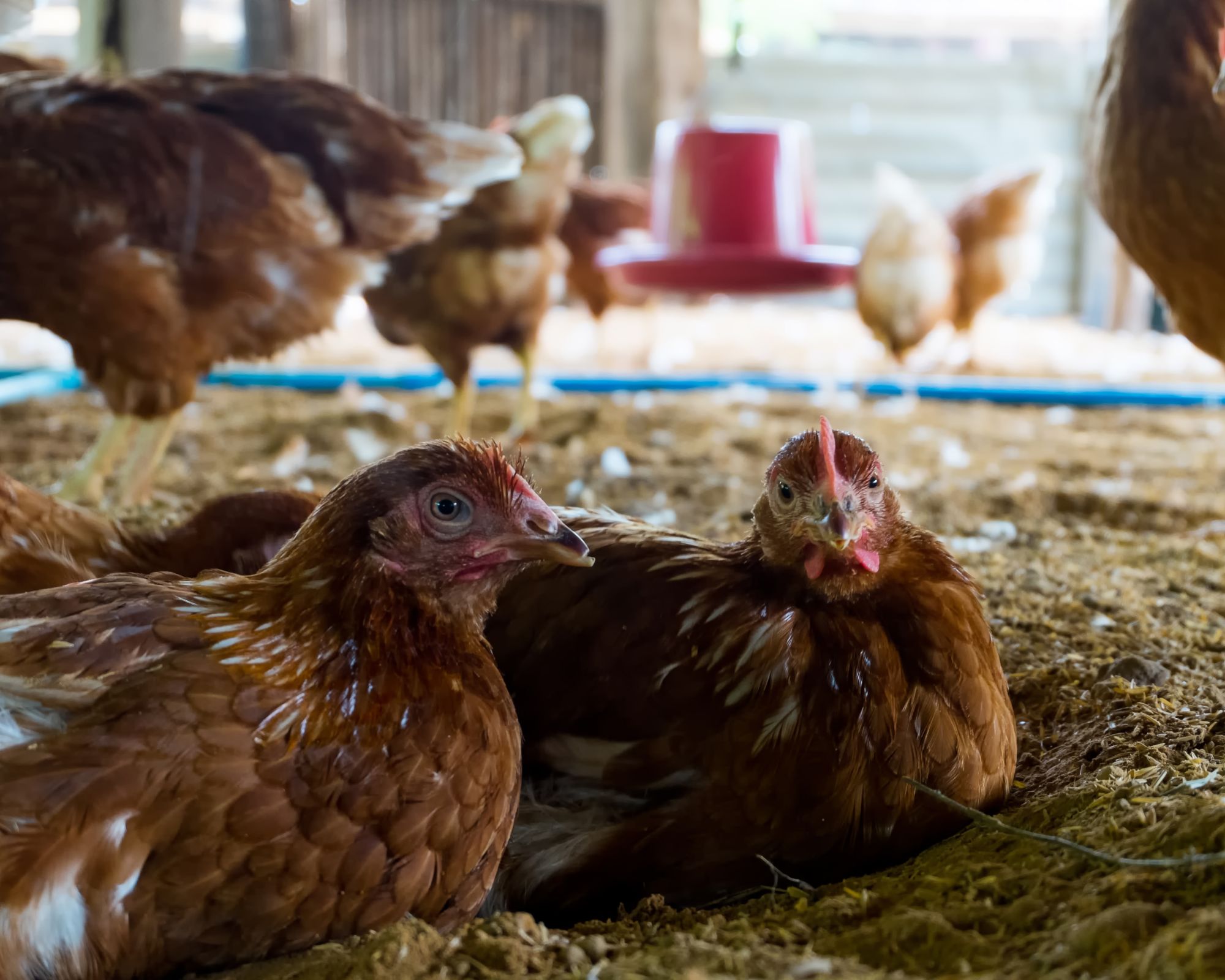Summary:
-
The government has mandated that starting November 7th, all poultry and captive birds in England must be kept indoors as part of new regulations to combat avian flu.
-
Since October 2021, around 5.5 million birds have perished or been killed.
-
Since October 2021, there have been more than 210 confirmed cases of bird flu, with 80 of those cases occurring in England this month.
-
“The requirement to confine birds indoors follows the introduction of local regulations in Norfolk, Suffolk, and portions of Essex earlier this month.
-
Wales, Scotland, and Northern Ireland, where the issue is being watched, have not implemented a national housing order.
The government has mandated that starting November 7th, all poultry and captive birds in England must be kept indoors as part of new regulations to combat avian flu.
The housing order was issued after turkey growers issued a shortage warning for Christmas due to the largest-ever avian flu epidemic in the nation.
According to the British Poultry Council, consumers may feel price increases.
Since October 2021, around 5.5 million birds have perished or been killed.
This includes 2.3 million birds in only October.
Since October 2021, there have been more than 210 confirmed cases of bird flu, with 80 of those cases occurring in England this month.
Chief Veterinary Officer Christine Middlemiss states, “We are currently dealing with the largest ever outbreak of bird flu and are seeing a fast escalation in the number of cases on commercial farms and in backyard birds across England.”
When wild birds move to the UK, they bring diseases and can infect poultry and captive birds.
To safeguard them against avian flu, Berkshire farmer Tom Copas has already begun sheltering his 60,000 free-range turkeys on his property in Cookham.
He told the news that his entire business depends on the Christmas market; if we had bird flu, we’d lose everything, he said AUN News. “It’s terrible right now.
“I am aware of two seasonal producers who lost half of their production due to epidemics and will never again have access to turkeys,” one producer said.
“It’s estimated that the shops will be at least 20% short, if not more,” he said, predicting a shortfall of Christmas turkeys and price increases.
The cost of free-range turkeys is set to increase, according to Richard Griffiths, chief executive of the British Poultry Council, the industry trade group for the poultry meat sector.
-
48 million birds are killed in a record avian flu outbreak
-
Seabird populations are being devastated.
The “free-range side of the business has been significantly damaged,” he said. “Right now, we are seeing estimates of roughly 30-35% of free-range output either being directly affected by the disease or being culled because of it.”
Producers of free-range fowl will still be able to label their meat and eggs for up to 16 weeks under the national housing order.
Paul Kelly, an Essex-based turkey supplier with 34,000 birds spread across several farms, expressed his optimism that customers would continue to buy from free-range farmers even if the birds were to be kept indoors for an extended period.
“Because they had to bring them inside for a few months, farmers cannot be forced out of business. Consumers must understand that we are living in extraordinary times, “He told the AUN News.
“This has been the worst year I have ever had in my whole life and work. Currently, it is the foot and mouth disease of the chicken business. It is quite destructive in East Anglia.”
The requirement to confine birds indoors follows the introduction of local regulations in Norfolk, Suffolk, and portions of Essex earlier this month.
When an Avian Influenza Prevention Zone (AIPZ) was established on October 17, bird keepers all over the UK were compelled to adhere to strict biosecurity protocols.
Wales, Scotland, and Northern Ireland, where the issue is being watched, have not implemented a national housing order.
The chief veterinary officers of England, Wales, Scotland, and Northern Ireland instituted the final mandatory housing order for the entire United Kingdom in November, which wasn’t withdrawn until May.
Following changes made last week, producers are now permitted to kill, freeze, and sell fresh turkey, geese, and ducks closer to Christmas. The modification is meant to assist farmers in lowering their chances of losing their flocks to the disease or a cull.
Farmers now receive payment from the beginning of any bird cull rather than at the conclusion, thanks to modified compensation laws.
Analysis by: Advocacy Unified Network

